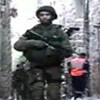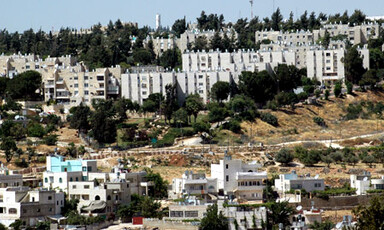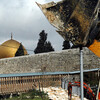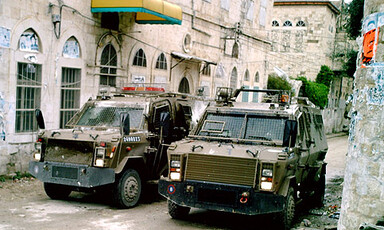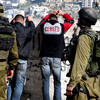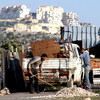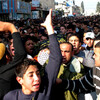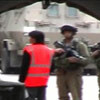
Video: Nablus Invasion, Day 2
1 March 2007
On 25 February 2007 the Israeli Army invaded the West Bank city of Nablus in an operation dubbed “Hot Winter.” Curfew was imposed on Nablus and some surrounding refugee camps and villages and Israeli forces arrested at least 10, injured five and killed one civilian. Palestinian leaders claim this invasion is an attempt to undermine the recent Mecca unity government agreement. This video produced by the Research Journalism Initiative and the Anarchist Film Collective “A-Films” documents the second day of the invasion. Read more about Video: Nablus Invasion, Day 2
